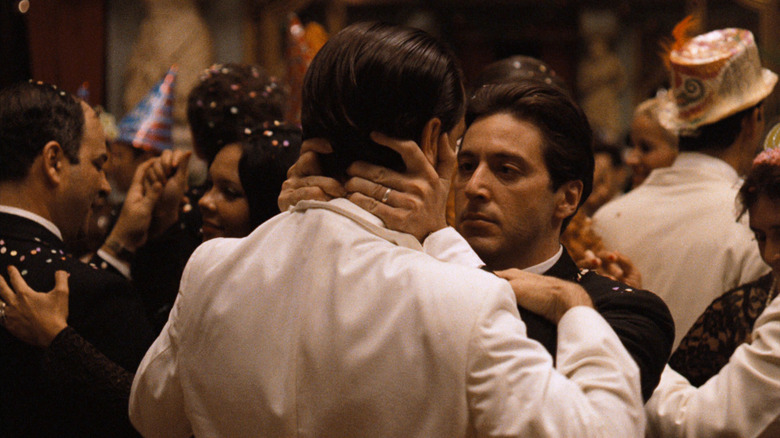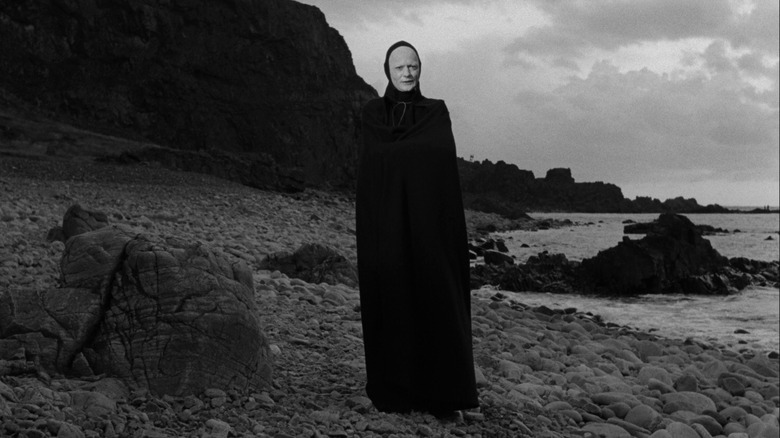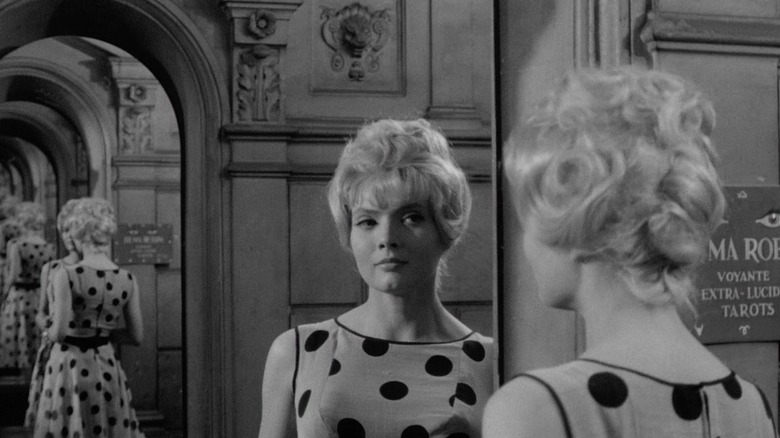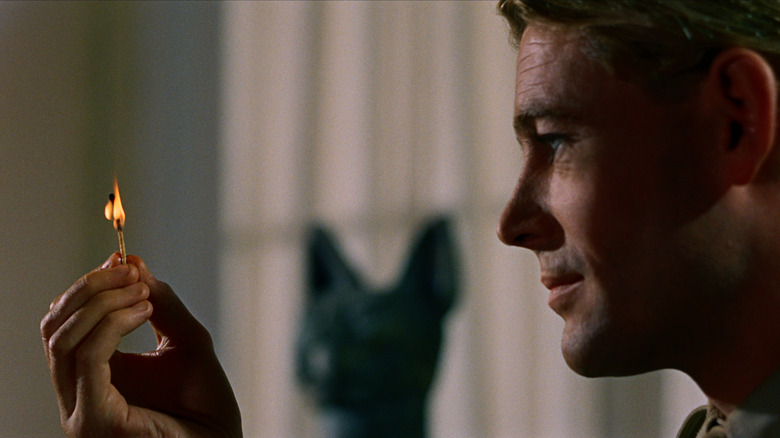The Sight And Sound Poll Of The Greatest Films Of All Time Underwent A Massive Change – But Why?
I have been breathlessly awaiting the release of Sight and Sound's once-a-decade poll on the 100 greatest films of all time. Even though the makeup of the list has absolutely no bearing on my own feelings about the films I love, I am always curious to get a lay of the land and see what kind of filmgoing consensus is out there, especially in a corner of the film community that isn't constantly obsessed with superheroes and the box office. This only comes around every 10 years, so it's important for us to treasure this celebration of Hollywood classics, art-house favorites, and international landmarks.
In this new 2022 update of the poll, 25% of the films that appeared on the previous list in 2012 are completely gone. This isn't a case of 25 films released in the last 10 years — or, actually, 24 new films, as the 2012 list featured 101 titles due to a tie — joining the list since it was last published. That number was limited to just four: "Portrait of a Lady on Fire," "Moonlight," "Parasite," and "Get Out," which certainly takes up a decent percentage in that new 24, but the changes are too big for that to be the only answer. Let's dig into the films that no longer crack the top 100 and the films that replaced them to see what we can glean about how cinematic taste has changed over the last decade.
Consolidating the canon
The first thing that jumped out to me about the list was the relative lack of multiple entries for directors. Jean-Luc Godard and Alfred Hitchcock had four films each, and Stanley Kubrick, Andrei Tarkovsky, and Billy Wilder each had three. Beyond them, no one was getting more than two. Compare that to the 2012 list where Ingmar Bergman, Robert Bresson, Francis Ford Coppola, Carl Theodor Dreyer, Jean Renoir, and Orson Welles all had at least three films on the list, along with the aforementioned Godard, Hitchcock, and Tarkovsky (Kubrick and Wilder merely had two each). Those 11 filmmakers alone took up a staggering 33 spots on the list. One-third of the list is a lot real estate to devote to so few filmmakers.
The biggest casualties of this consolidation were Bergman, Bresson, Renoir, and Welles, each of whom now only have one film on the list. Bergman in particular took a beating, as he had four films back in 2012. Only "Persona" ended up making the list, with "The Seventh Seal," "Wild Strawberries," and "Fanny and Alexander" getting the boot. Clearly, the voters were more keen to spread the wealth in this round of voting. As everyone who voted sent in ten films and not 100, I am sure many people would be a bit uneasy sending in such a finite number of titles where one director was overrepresented. I understand that. What I find interesting was how the consensus seemingly fell to these titles. Why was there not as much rallying behind Bergman's "The Seventh Seal" or Renoir's "Grand Illusion?"
Now, these titles very well could end up being on the Top 250 list that will be released at some point, but as for the top 100, the voters weren't all backing a few horses.
Amplifying underrepresented voices
Fortunately, there was a greater emphasis on representation when it came to voting on this list in 2022 than there was in 2012. Out of the 24 new films, only five were directed by white men and are titles that, quite frankly, you would be surprised to see weren't on the list ten years ago: "The Apartment," "Céline and Julie Go Boating," "Goodfellas," "The Red Shoes," and "The Shining." The new entries boosted the number of films directed by women from just two to eleven, which still isn't parity, but if you are looking at the entirety of cinema history for this list, true parity is going to take a long time. The influx of female-directed film support was so great that Chantal Akerman's "Jeanne Dielman, 23 quai du Commerce, 1080 Bruxelles" went from a four-way tie at the 35th spot in 2012 to the very top of this year's list.
Black filmmakers saw a marginal increase in representation, though that isn't saying much. Only one film made the list a decade ago from a Black director: Djibril Diop Mambéty's "Touki Bouki." This year, that film was joined by six new entries, including the previously strangely absent Spike Lee masterpiece "Do the Right Thing." However, Julie Dash is the only Black woman represented on the list with her 1990 picture "Daughters of the Dust."
While they may have consolidated the established canon a bit to make room for those who have typically been excluded from the conversation, there is still so much room for improvement. The list features just one film from India, two from Africa, and zero from South America. That last one is truly disgraceful. Strides were made but certainly not as far as they should have.
Most surprising misses
There were three films I was utterly shocked did not appear on the 2022 edition of Sight and Sound's Top 100 that had been on the list 10 years ago. The first was "The Godfather Part II," which dropped all the way off the list after being ranked at 31 last time. I imagine this to be another casualty of consolidation, where the voters decided they needed to pick between Francis Ford Coppola's "The Godfather" and its sequel instead of listing both, and more people opted to go for the first one. I just feel "The Godfather Part II" is one of those unimpeachable classics that many people would put in their top five, let alone top 100. I have a similar feeling about David Lean's epic "Lawrence of Arabia," which is such a staggering achievement and just as thrilling 60 years later that it not showing up baffles me.
The third snub I thought for sure would make it onto the list was Robert Altman's unforgettable portrait of America "Nashville." I find this to be a film that over the last 47 years has only become more potent and relevant from the day it came out, and if I had been able to submit a ballot, "Nashville" would be on it. As a matter of fact, Robert Altman, one of the most beloved filmmakers of the 20th century, did not have a single film appear on the list. Neither did Steven Spielberg, who also didn't have a film on the list back in 2012. When you see something like that, all you can do is shrug your shoulders and move on with your day, saying to yourself, "My list is still my list."



